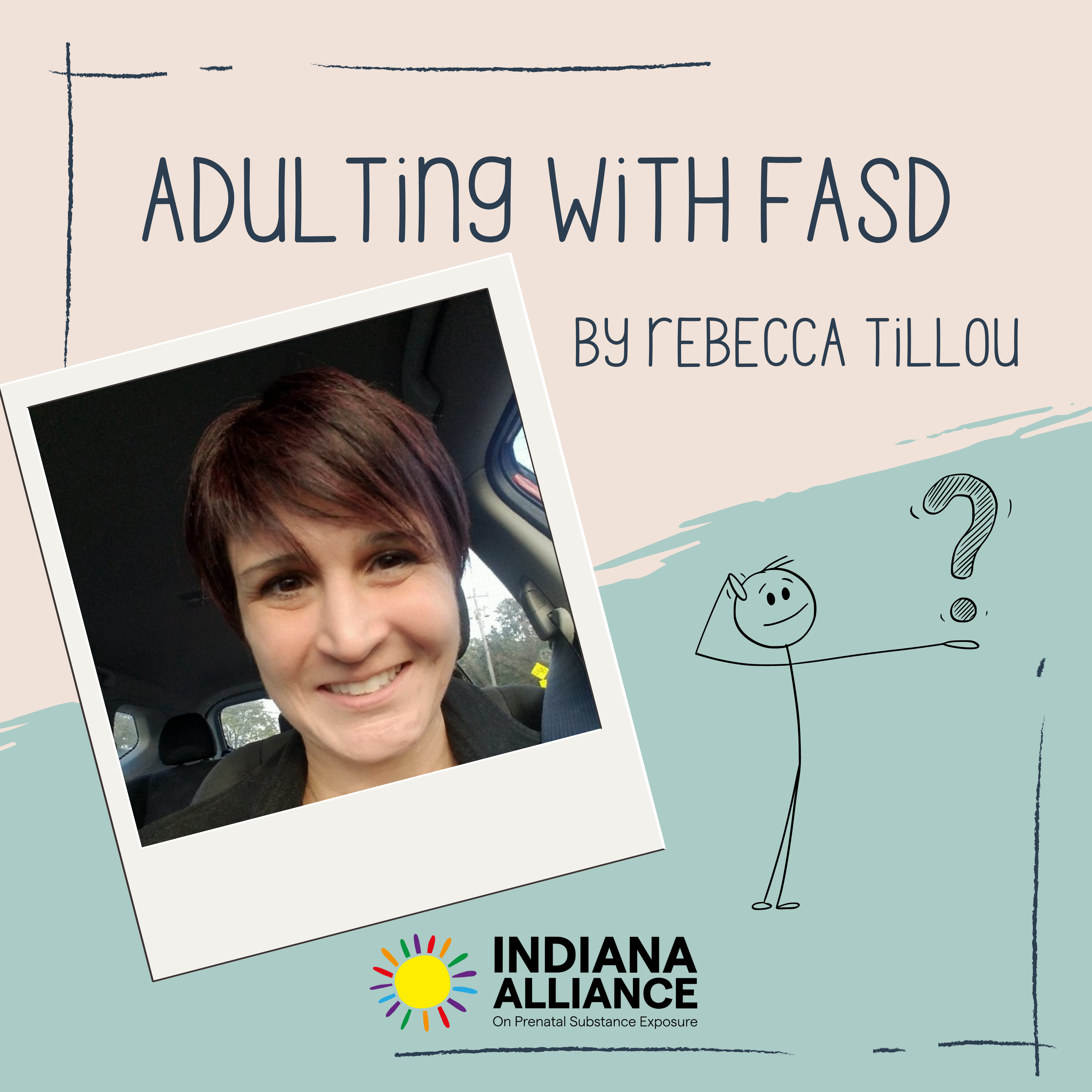Millions of American women of childbearing age take opioids — and many are swallowing the prescription painkillers before realizing they’re pregnant, endangering their unborn babies, federal health officials warned Thursday.
In a first-ever analysis of the problem’s scope, the Centers for Disease Control and Prevention found that a third of the young women enrolled in Medicaid and a quarter of the young women with private insurance filled opioid prescriptions every year from 2008 through 2012.
That raises deep concerns among some doctors because roughly half of all U.S. pregnancies are unplanned, and consuming opioids like oxycodone during the earliest weeks of pregnancy can cause birth defects. The CDC’s report looked at women between the ages of 15 and 44.
“Many women of reproductive age are taking these medicines and may not know they are pregnant and therefore may be unknowingly exposing their unborn child,” CDC Director Dr. Tom Frieden said in an accompanying statement.
Doctors who work in obstetrics and neonatology confirm that many of their patients have taken prescription painkillers like Vicodin and Percocet after becoming pregnant. Some women can’t stop.
“I do see opioid use pretty frequently in my high-risk practice but patients often don’t have their first prenatal care appointment until the late first (trimester) or early second trimester, at which point the fetus is no longer susceptible to birth defects,” said Dr. Neil S. Seligman, assistant professor of obstetrics and gynecology at the University of Rochester Medical Center in Upstate New York.
Birth defects occur when certain medications like opioids are taken between the fourth and 10th weeks, Seligman said. After that, conversations between doctors and pregnant moms on opioids typically involve the risk of neonatal withdrawal.
The incidence of withdrawal is less well understood among moms who are chronic, prescription opioid users. For heroin use, however, 60 to 70 percent of newborns require treatment for withdrawal for an average of one month, Seligman said. When such withdrawal symptoms are properly managed, there are no known long-term consequences, he added.
The CDC report did not address those pregnant women who need just a single prescription — for example, to soothe pain from a kidney stone—as opposed to women who chronically consume opioids, Seligman noted. Receiving a one-time prescription for acute pain “is of little concern, especially after the first trimester,” he added.
“All physicians should be cognizant of the reproductive risks when prescribing medications to women of childbearing age,” Seligman said. “For women who are planning to become pregnant and require ongoing treatment with opioids, the best time to discuss the risks is during a preconception consultation with a physician who specializes in maternal-fetal medicine.”
CDC researchers dissected prescription data from two huge datasets — women aged 15 to 44 who have private insurance, and women of the same age enrolled in Medicaid. On average, 39 percent of Medicaid-enrolled women filled an opioid prescription from an outpatient pharmacy each year during 2008 to 2012. Among women with private healthcare, 28 percent obtained opioid prescriptions during that span.
There are 62 million American women between the ages of 15 and 44, according to the U.S. Census Bureau.
Past research has shown that opioid use during pregnancy may increase the risk of major defects of the baby’s brain, spine and heart and cause a malformation of the baby’s abdominal wall called gastroschisis.
At Miami Children’s Hospital, doctors ask every pregnant woman during their first consultation: “Have you exposed the baby to opioid medication?” said Dr. David Mendez, a neonatologist at the hospital.
Pregnant moms taking opioids for recreation or to relieve pain that can be managed other ways are instructed to stop. But some of the women cannot halt their habits, popping those pills throughout their pregnancies. That has fueled a rise in opioid withdrawal symptoms in newborns, Mendez said.
“We have seen more babies going through the withdrawal syndrome because of the exposure to opioid medications,” Mendez said.
The majority of those cases, Mendez said, are related to prescriptions pills taken by the mothers as opposed to heroin use.
Withdrawal symptoms can include seizures, dehydration, breathing problems, tremors, difficulty feeding and irritability, according to the National Council of Alcoholism and Drug Dependence.
Each year, that group reports, an estimated 13,500 babies are born with opioid withdrawal symptoms.
Credit / Sources
This article is from NBC News, and was first published on January 22, 2015.








